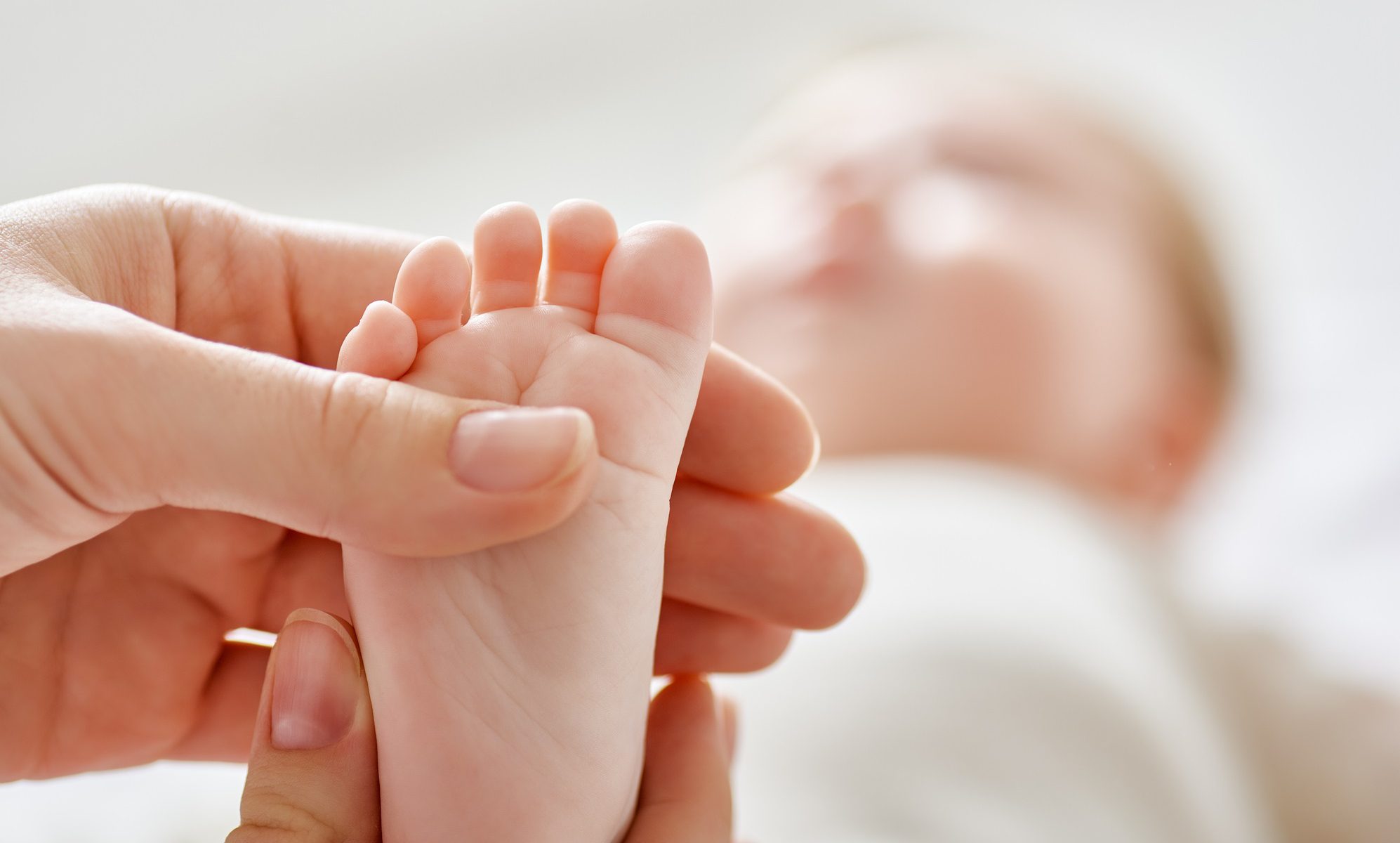When the Skaats family learned baby Mia needed a new heart they felt devastated. But Mia helped another family in domino heart transplant, a first in babies.
By Meghan Holohan
When Mia Skaats was only 10 days old, she began breathing rapidly, and her mom, Nicole Skaats, immediately knew something was wrong. Doctors eventually determined the newborn had cardiomyopathy, a condition where the heart struggles to bump blood to the rest of the body, and she was in heart failure.
Mia needed a heart transplant, so when one became available, the Skaats family felt overjoyed their daughter, born in September 2022, would have a new chance at life. Check out the full story from NBC’s Today.



